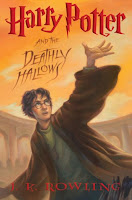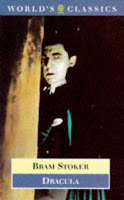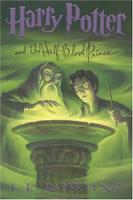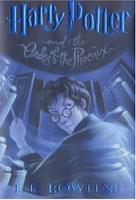Merton's diaries before he became a Monk, during the time that he was doing graduate work and teaching at Columbia University, trying to get his fiction published, traveling, and wondering about his vocation. It also includes a trip to Cuba, and of course during this time World War II is going on. Merton writes about a huge range of things, from memory exercises to making all kinds of lists, describing his experiences at the movies and art exhibits (including observations of other people and how they reacted to particular paintings), thoughts on books he has read or the news or the drafts of books he is writing or submitting to publishers. I was surprised at how immediately engaging his writing is, and how interesting it was-- although there's quite a lot here, so it still took me a while to finish it.
Early on, Merton has some interesting comments about the act of journaling-- what it means, who it is for. At some point, he finally admits to himself that he hopes it will eventually be published and made available for others, which means that it is okay to edit, which he does-- removing pages, revising, etc.
It's also pretty amazing to kind of travel along with Merton as he's trying to find out if he has a vocation, visiting monasteries and wondering if they will accept him, and deciding whether or not he is willing to give up his writing if that is what he is called to. When he first visits the Trappist monastery at Gethsemani (which is where he ended up, I think), he writes this:
This is the center of America. I had wondered what was holding this country together, what has been keeping the universe from cracking in pieces and falling apart. It is this monastery if only this one. (There must be two or three others).When he finally finds out, near the end of the volume, that there is no impediment to his becoming a Trappist monk (there was an indiscretion in his past, before he became a Christian, that kept the Franciscans from accepting him), his excitement is palpable and sincere.
... This is the only real city in America - in a desert.
It is the axle around which the whole country blindly turns.
Merton was quite the scholar, and he sometimes writes down quotes from things he's reading in the original language. The editors have provided translations, but since I have a little Latin and French I'd try to read it on my own first, checking my understanding against the translation. I was part of the way through one Latin passage before I realized that I was reading Anselm's famous argument for the existence of God (as the being than which no greater can be conceived), which I remembered from my philosophy course. It was kind of a strange moment, but really cool.
I purchased this several years ago at a discount price after someone had recommended Merton to me, but never got around to reading it until now.
| Title: | Run to the Mountain: the story of a vocation (The Journals of Thomas Merton Volume 1 1939-1941) |
|---|---|
| Author: | Thomas Merton (edited by Patrick Hart) |
| Date published: | 1996 |
| Genre: | diary/journal |
| Number of pages: | 483 |













